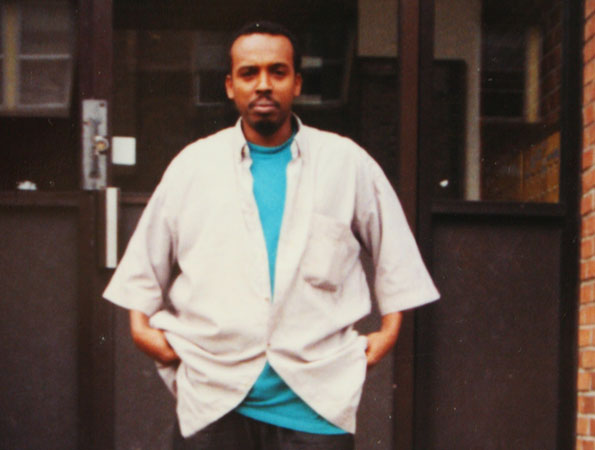
In an indictment unsealed in the Southern District of New York, the Somali, Ahmed Abdulkadir Warsame, was charged with nine counts related to accusations that he provided support to al-Shabab in Somalia and al-Qaida in the Arabian Peninsula, in Yemen. Warsame, believed to be in his mid-twenties, was captured April 19, and a plane carrying him arrived in New York City about midnight Monday, officials said.
While the Justice Department called Warsame a "Shabab leader," it does not accuse him of plotting a specific attack. Officials gave conflicting accounts of his significance: One portrayed him as a "senior operational commander" while another played down his role, saying that his capture was instead important because he had provided large amounts of intelligence about the groups and ties between them.
Regardless, his case is likely to have outsize significance in the political arena because it resonates with intense debates surrounding the administration's counterterrorism policies -- including whether to bring newly captured detainees to the military prison at Guantánamo Bay, Cuba; whether to prosecute terrorism cases in civilian court or before a military commission; and what rights terrorism suspects have during interrogation.
The House of Representatives has already passed a bill that would probably prohibit the transfer of such military detainees into the U.S. In a statement, the chairman of the House Armed Services Committee, Rep. Howard McKeon, R-Santa Clarita, denounced the administration's decision.
But officials argued that civilian court was a better fit because his prosecution would face fewer legal hurdles there.